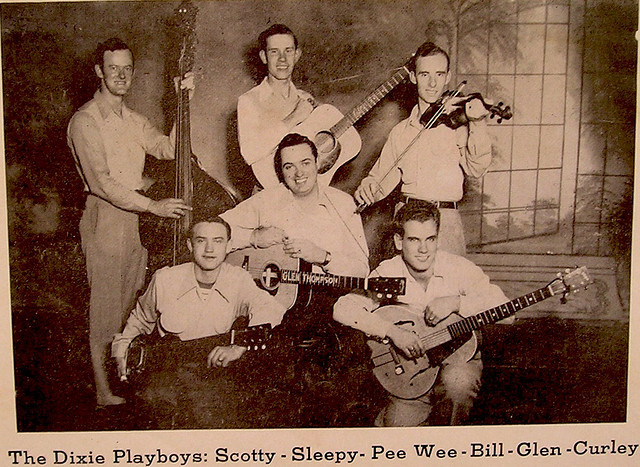Christians have an odd relationship with Muslims. In certain times and places this relationship has been defined by bloodshed and hatred, suspicion and prejudice, condescension and evangelism, and general ignorance. And this has been true for both groups. In recent years, Islam has come to be viewed by some Christians as an invading force, undermining our country’s ideals, freedoms, and government. And in a few, isolated cases this has been true. But, one area where both Christians and Muslims should find common ground is in opposition to an even more dominant and destructive religion: civic religion or the worship of the nation state, premised upon the myth of objective, secular discourse.
One recent instance of civic religion coming in conflict with Islam is the recent Burka ban in France. Dianna Anderson, writing at Relevant Magazine, addresses the question of whether Christians should support this ban. She observes that this law is challenging for Christians to sort out. On the one hand, it is right and good to oppose a cultural practice that encourages and promotes oppression and abuse. On the other hand, wearing a burqa is not necessarily oppressive. Dianna concludes, “No matter which way you slice it, the burqa ban does not save the woman involved—it punishes her, either for choice she didn’t make (i.e., an abusive family who makes her wear it) or for the choice she did.” I might add to her well-argued post that for other Christians the temptation might be to support this ban not for the welfare of the women involved, but because it would be seen as an opportunity to silence or fight against a pagan religion. But this position is also unjustified.
As long as Christians, Muslims, Hindus, and other major faiths openly and publicly exercise and practice their faith, they will be perceived as a threat to national unity. The state cannot tolerate its citizens having divided or multiple allegiances. Personal, individual, private faith is fine because it does not challenge national unity. It is a lot easier for us to get along if we are nominal “Christians.” This fact is at the heart of our dilemma as American citizens and Christians.
In this situation, Christians should support French Muslims’ choice to practice their faith by wearing burqas, not only because if we allow governments to infringe upon the rights of other religions we can expect them to oppress us in the future as well, but primarily because whenever a government works to make any religion a private, silent, invisible, inner-belief, we can trust that their true motive is to usurp all other gods so that the only tolerated and honored practices of faith are devoted to the state: festivals and holidays honoring our nation and its military, pledges of allegiance, flags, songs, patriotic fervor, idolization of political leaders, the eschatology hope of the American Dream, etc.
Edited: I was made aware that I had misspelled Dianna’s name as “Diana.” So that has been fixed.











